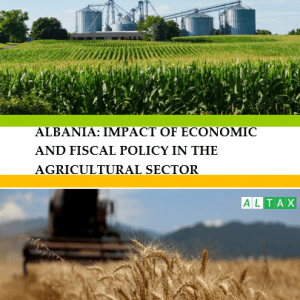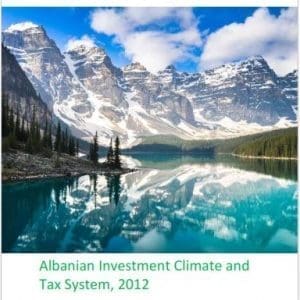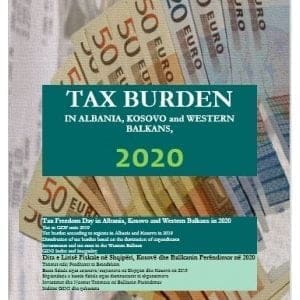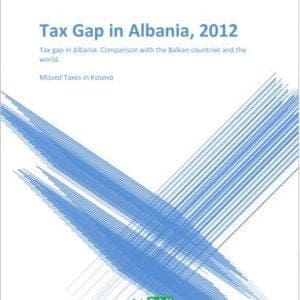Bashkohuni me ekipin tonë. A jeni gati të rrisni biznesin tuaj? Mëso më shumë
THE ECONOMY IN 2023 LOOKS WEIRD ENOUGH
0 €
The economic outlook for Albania for 2023 seems to be deteriorating under the weight of high inflation rates and rapid monetary tightening. Declining consumer and business confidence, softening consumption and investment, as well as energy shocks caused by geopolitics, are likely to lead the economy to a slower growth rate than forecasts around the end of the year. However, the worsening situation is expected to be short-term, but which should serve to find itself in another dynamism of a stronger labor market and relatively healthy balance sheets of consumers and businesses.
Beyond 2024, the Albanian economy is likely to continue its trajectory of slowing growth. The main risks around the long-term perspective are related to political frictions and regional geopolitical influences, environmental challenges and sediments, labor markets and inflation.
Below are some experts’ perspectives on what lies ahead for the Albanian economy and society
We think that:
– the impact of COVID-19, together with the current impact after the pandemic crisis, should not have any surprises with material implications for the economy
– inflation will slow down significantly in 2023, where reaching the central bank’s objectives will be a multi-year process
– monetary policy tightening should go further towards spring 2023, most likely mimicking ECB policies
– the performance of gross domestic product is expected to shrink, as predicted by the World Bank, IMF and other organizations
– the impact of the foreign exchange rate of the main foreign currencies on the Albanian economy, it seems that from all international forecasts the American dollar has reached its peak and will retreat in 2023, but will remain elevated compared to previous years
– labor shortages will remain a challenge in 2023 even though unemployment rates are projected to decline modestly
- Description
Description
Last year, the biggest blows to the Albanian economy, as well as to the economies of the neighboring countries, came from a series of geopolitical risks, where beyond the current political situation in the Balkans, between Kosovo and Serbia, the Russian invasion of Ukraine was the most influential in the chain of trade relations of import and export.
The impact of the war on the Albanian economy through the application of sanctions in line with the EU’s foreign policy, however, brought an insensible effect on the Albanian economy.
The greatest impact was brought by the uncertain political situation on the economies of the EU member countries, which had a diversion of energy and food supply sources, lost labor force and human capital, and this had consequences that are felt even this beginning year as quite strong in the labor market.
In these circumstances, in addition to the legacy from previous years, Albania’s economic growth in 2023 will be worsened/ improved by the progress and influence of some important indicators that represent the economic and political progress.
In 2023, inflation, rising interest rates, low growth rates, unsystematic supply chain issues will be prominent as they were in 2022, especially during the first two quarters of the year. However, based on the surprises reserved by tourism, energy, as well as if the reform policies are more proactive and the strengthening of the regulatory framework with an impact on the huge corruption, we will notice a gradual improvement in most of the main economic indicators until the end of the year










